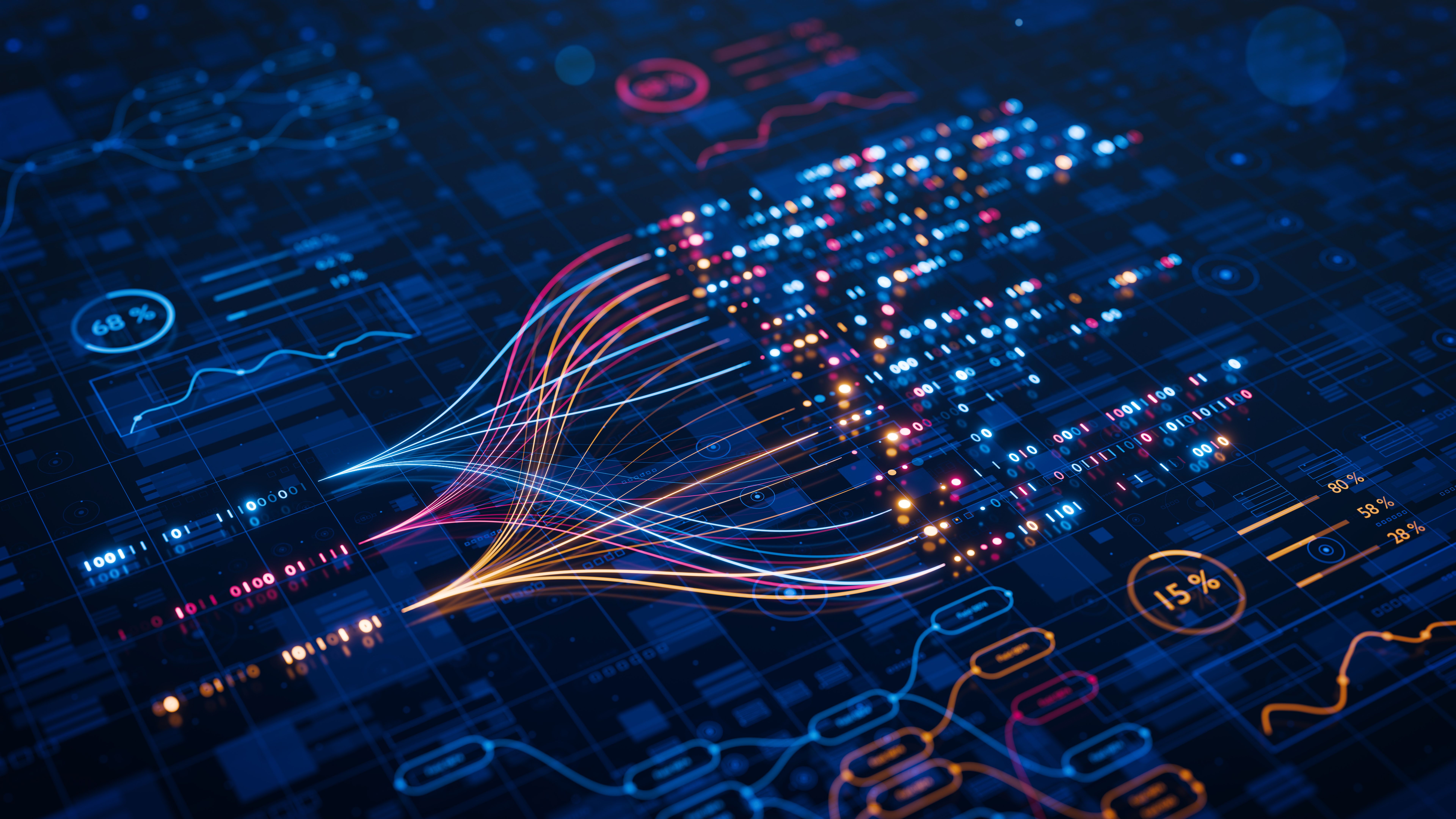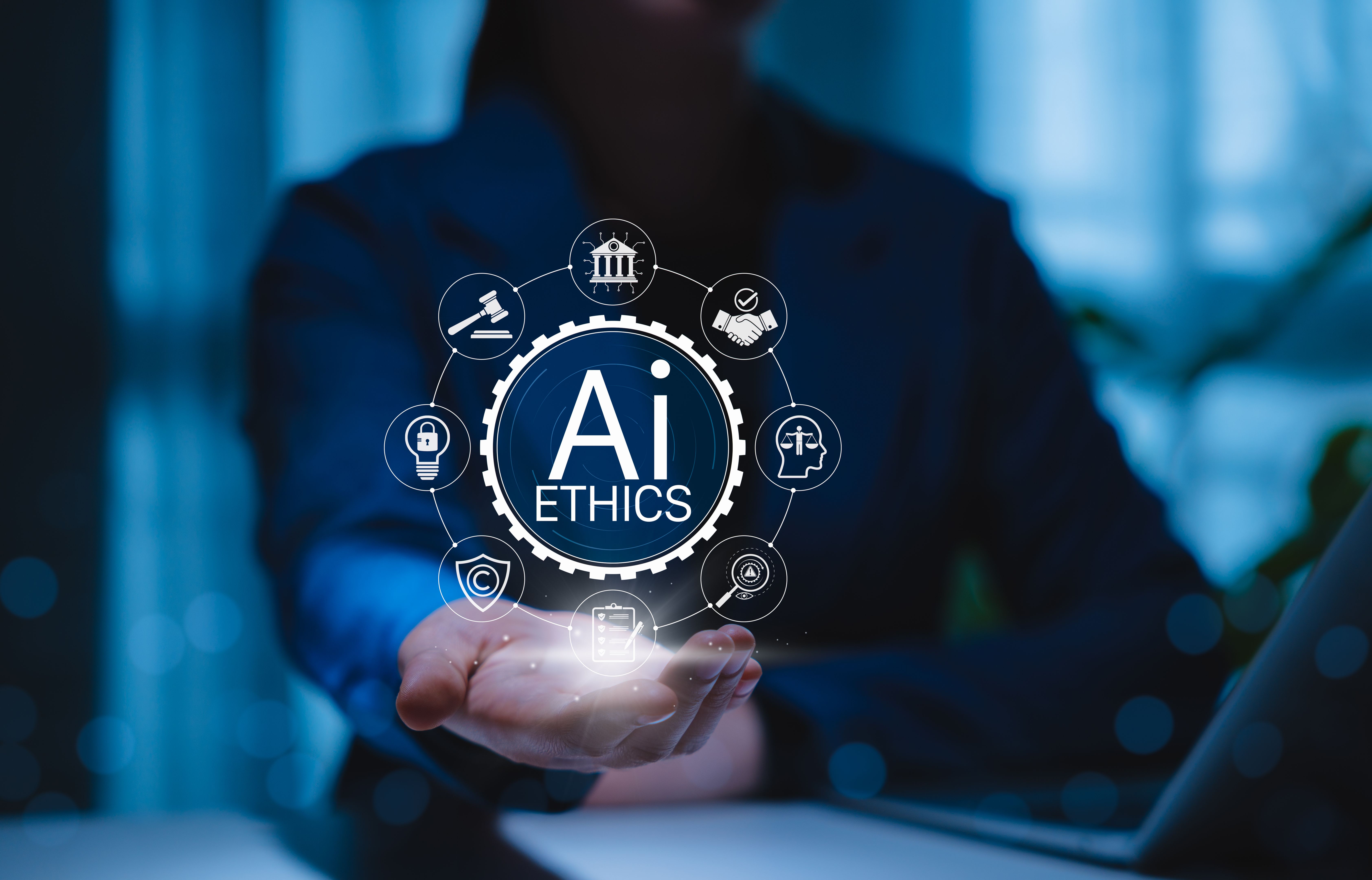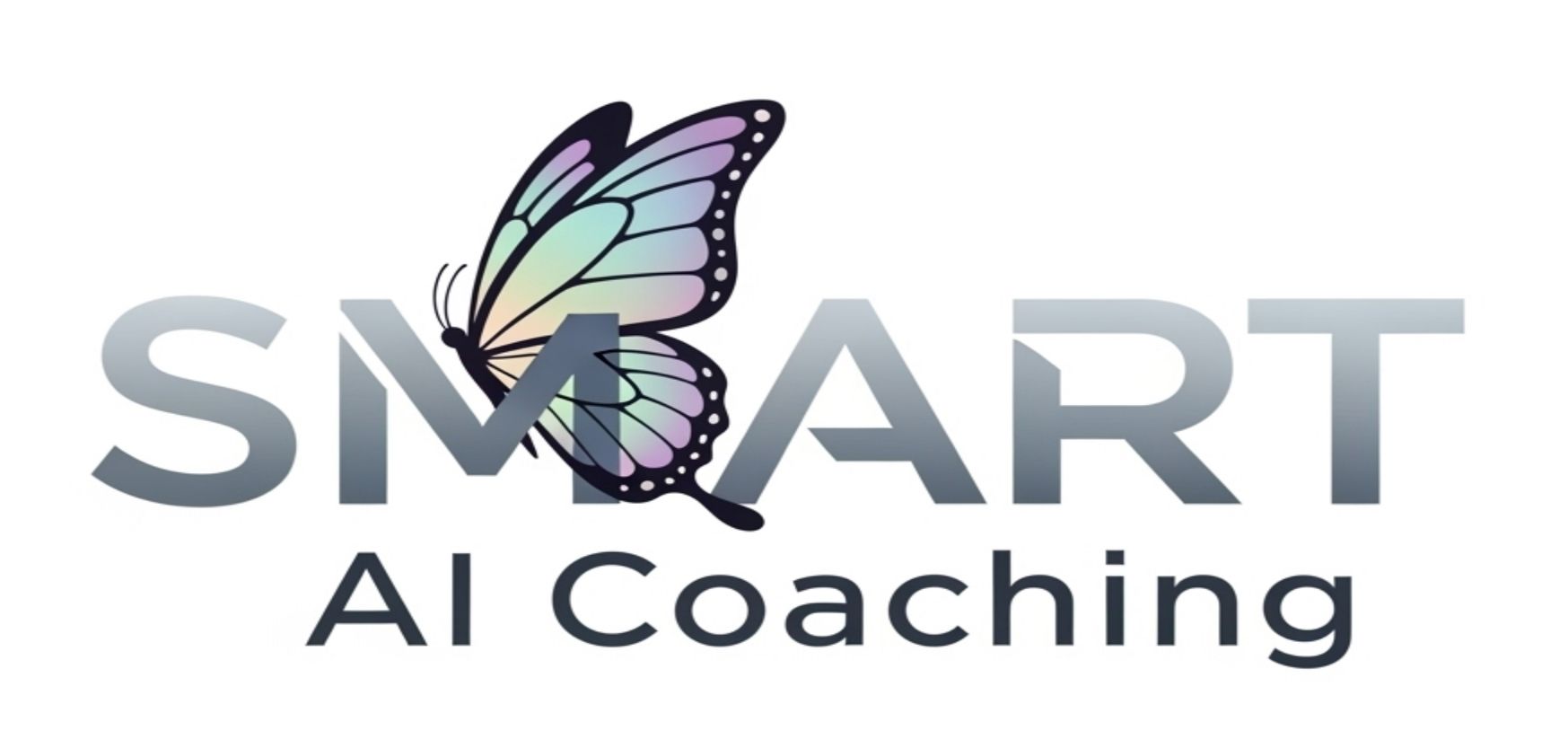The Future of Work: AI's Impact on Job Opportunities
The Evolving Landscape of Employment
The rise of artificial intelligence is reshaping the job market in unprecedented ways, prompting both excitement and concern about the future of work. As AI continues to advance, its impact on job opportunities is becoming more pronounced. While some fear job displacement, others see a world brimming with new possibilities. Understanding this evolution is crucial for navigating the future of employment.
AI is automating routine tasks and enhancing productivity across various sectors. This transformation is most evident in industries like manufacturing and logistics, where AI-driven machines and systems are streamlining operations. However, the ripple effects are anticipated to touch almost every field, from healthcare to finance, creating a need for adaptability among the workforce.

Opportunities for Innovation and Growth
While automation may replace some roles, it also opens the door to new opportunities. AI is expected to create jobs that were previously unimaginable. These roles will likely focus on managing AI systems, developing AI technologies, and making strategic decisions based on AI-generated insights. For instance, data scientists and AI specialists are already in high demand.
Moreover, AI can empower individuals and small businesses by providing access to tools and insights that were once available only to large corporations. This democratization of technology could lead to a surge in entrepreneurship and innovation, fostering economic growth and diversification.

The Need for Skill Development
As AI reshapes job landscapes, there is a growing emphasis on skill development and education. The workforce must evolve to meet the demands of an AI-driven economy. Critical thinking, creativity, and emotional intelligence are becoming increasingly important skills, complementing technical proficiency in AI-related fields.
Educational institutions and businesses are collaborating to develop programs that address these needs. Lifelong learning is now a necessity, with professionals encouraged to continuously update their skills through online courses, workshops, and certifications.
Challenges and Ethical Considerations
The integration of AI into the workplace also raises significant ethical concerns. Questions about data privacy, algorithmic bias, and the potential for mass unemployment need addressing as society adjusts to this new era. Companies must prioritize transparency and fairness in their AI implementations to build trust among consumers and employees alike.

Furthermore, governments and institutions have a role to play in ensuring that the benefits of AI are distributed equitably. Policies that support retraining programs, ensure fair wages, and protect against exploitation are critical to maintaining a balanced job market.
Looking Ahead
The future of work is undoubtedly being shaped by AI, presenting both challenges and opportunities. Embracing this change with an open mind and proactive approach can unlock unprecedented potential for economic growth and innovation. By focusing on education, ethical practices, and equitable policies, society can harness AI's power for the benefit of all.
In conclusion, while AI might transform traditional employment paradigms, it also promises to create a dynamic and resilient workforce ready to tackle the challenges of tomorrow. As we stand on the brink of this technological revolution, the key lies in adaptability and a commitment to lifelong learning.
